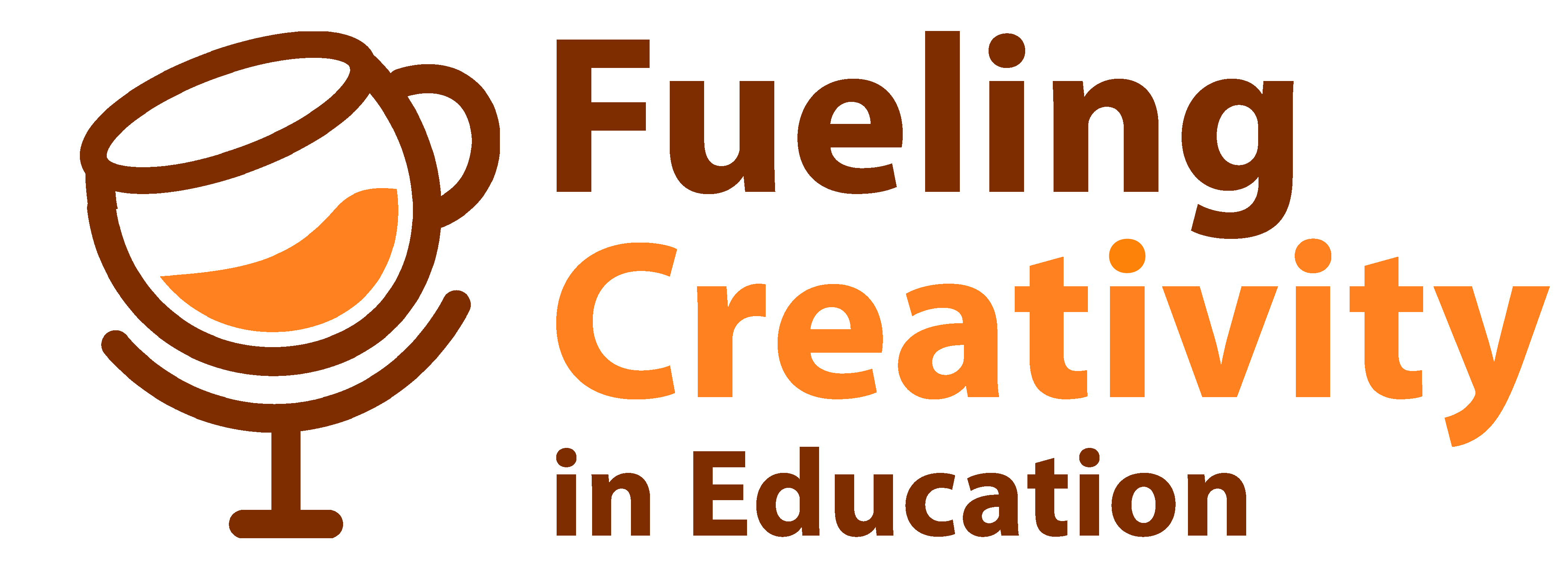Season 3, Episode 6
Neuroscience in Creativity Research – Part one
– Dr. Anna Abraham
Episode Transcription
Discussing Neuroscience and Creativity with Dr. Anna Abraham- Part One
Is there a difference between an imaginative mind and a creative mind?
In part one of this two-part interview, you’ll gain insight into the similarities and differences between a creative mind and an imaginative mind based on neuroscientific research. Anna breaks down her findings on the neurophysiological mechanisms underlying creativity and how teachers can translate these to a classroom environment. Anna also identifies problems and potential solutions in unimodal forms of teaching and learning as part of the standard educational curriculum.
Plus, she shares her candid thoughts, from a neuroscience perspective, on the question: Can creativity be taught?
About the Guest
Anna Abraham, Ph.D. is the E. Paul Torrance Professor and the Director of the Torrance Center for Creativity and Talent Development at UGA’s Mary Frances Early College of Education. Her educational and professional training has been within the disciplines of Psychology and Neuroscience, and she has worked across a diverse range of academic institutions and departments the world over, all of which have informed her multidisciplinary focus. She investigates the psychological and neurophysiological mechanisms underlying creativity and other aspects of the human imagination.
Her wide-ranging contributions to the field of creativity include theoretical, methodological and empirical advances in the context of basic and applied research. She has penned numerous publications including the sole authored book, The Neuroscience of Creativity (2018, Cambridge University Press), and the multidisciplinary edited volume, The Cambridge Handbook of the Imagination (2020). She is the Founding Editor of The Cambridge Elements Series in Creativity and the Imagination.
Episode Debrief
Collection Episodes
Extrinsic and Intrinsic Motivation in the Classroom (Double Expresso)
Season 10, Episode 13 Extrinsic and Intrinsic Motivation in the Classroom (Part One) “I think if you can allow your children to explore and experiment with things, even if they're making monstrosities, they're learning. They're learning and they're having fun and...
Creativity: An Ability to Defy the Crowd (Double Expresso)
Season 9, Episode 13 Creativity: An Ability to Defy the Crowd“The most important thing for creativity, it involves both intelligence. Creative intelligence, that is. But the most important thing is your attitudes that you're willing to defy the crowd. ” - Dr. Robert...
The Science Behind the Curtain: Theater’s Role in Boosting Creativity
Season 9, Episode 12 The Science Behind the Curtain: Theater's Role in Boosting Creativity “So what we looked at was what were the psychological skills that teachers were asking students to bring to the material of a theater classroom? So these are the acting habits...
Podcast Sponsor

We are thrilled to partner with Curiosity 2 Create as our sponsor, a company that shares our commitment to fostering creativity in education. Curiosity 2 Create empowers educators through professional development and community support, helping them integrate interactive, creative thinking approaches into their classrooms. By moving beyond traditional lecture-based methods, they help teachers create dynamic learning environments that enhance student engagement, improve academic performance, and support teacher retention. With a focus on collaborative learning and exploration, Curiosity 2 Create is transforming classrooms into spaces where students thrive through continuous engagement and growth.








